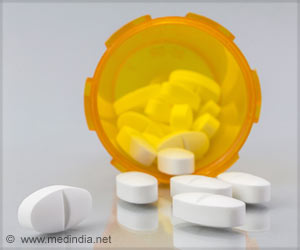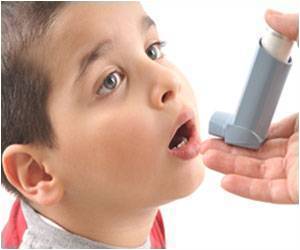Researchers at Wake Forest University School of Medicine have found that a popular stomach-acid reducer, which is used to prevent stress ulcers in critically ill patients who need
Researchers at Wake Forest University School of Medicine have found that a popular stomach-acid reducer, which is used to prevent stress ulcers in critically ill patients who need breathing machine support, triples the likelihood of contracting pneumonia among such patients.
Hospital-acquired pneumonia-the leading cause of infection-related deaths in critically ill patients-increases hospital stays by an average of seven to nine days, cost of care, and the risk of other complications."As best we can tell, patients who develop hospital-acquired pneumonia or ventilator-acquired pneumonia have about a 20 to 30 percent chance of dying from that pneumonia. It's a significant event," said senior study author Dr. David L. Bowton, professor and head of the Section on Critical Care in the Department of Anesthesiology.
During the study, the researchers compared treatment with two drugs that decrease stomach acid: ranitidine, marketed under the name ZantacTM, and pantoprazole, marketed under the name ProtonixTM or PrilosecTM.
Both drugs decrease stomach acid, but the newer pantoprazole is considered more powerful, and has become the drug of choice in many hospitals.
However, upon the analysis of 834 patient charts, the researchers came to the conclusion that the risk of developing pneumonia was thee times more in the hospitalised cardiothoracic surgery patients who had been treated with pantoprazole.
"We conducted this study, in part, because we thought we were seeing more pneumonias than we were used to having," said study co-author Marc G. Reichert, pharmacy coordinator for surgery at Wake Forest University Baptist Medical Center.
Bowton suggests that doctors consider whether an acid reducer is needed at all, and, in cases where it is needed, ranitidine is recommended because of the apparent decreased risk in developing pneumonia.
"Stopping the drugs earlier appears to be the best thing for patients," Reichert said.
The study has been published in a recent issue of CHEST.
Source-ANI
TAN
 MEDINDIA
MEDINDIA




 Email
Email










